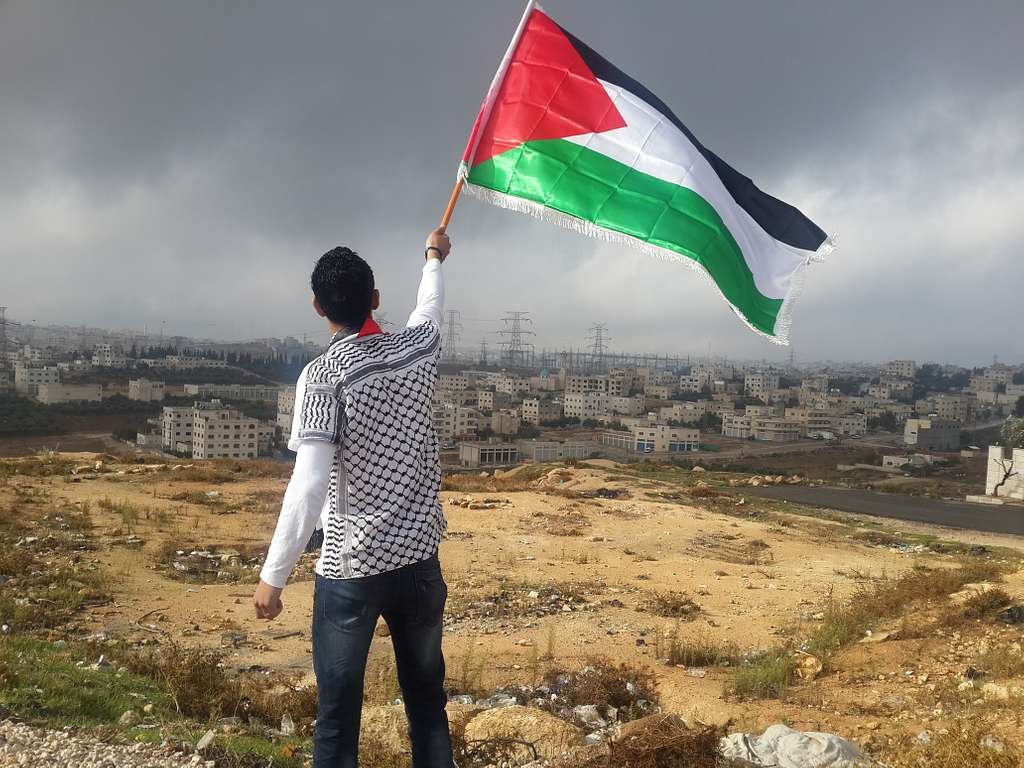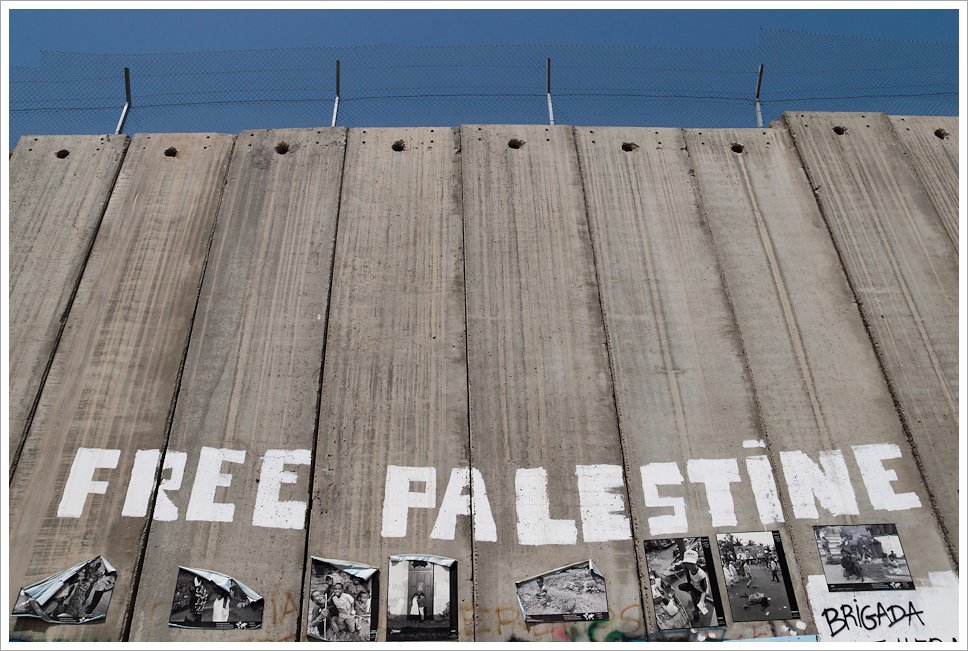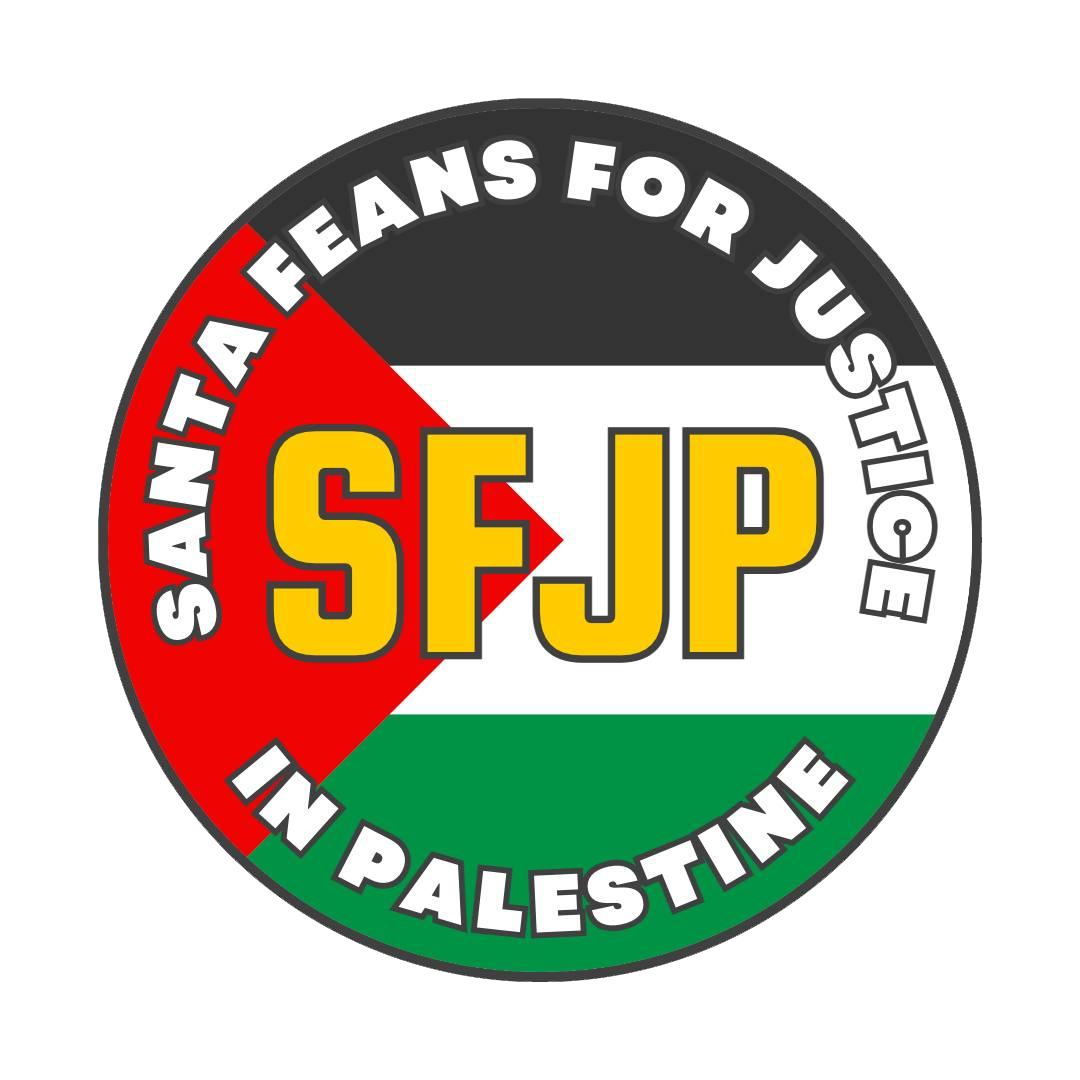
Palestinians live under apartheid.
Apartheid refers to the implementation and maintenance of a system of legalized racial segregation in which one racial group is deprived of political and civil rights.
Palestinian Land Loss
A commitment made by those who did not own the land to those who did not live in the land, against the will of those who did.
By November 1947, when the United Nations voted to partition Palestine into a Jewish and an Arab state, Jews were still a minority, making up only one-third of the population, and they owned less than 10 percent of Palestine’s land. The Jewish state was nonetheless allotted 55 percent of the land. During the 1948 war that followed Partition and the establishment of Israel as a Jewish state, Jewish military forces captured an additional one-quarter of Palestine’s land area. These Jewish forces also destroyed approximately 500 Palestinian Arab villages and forcibly expelled 750,000 Palestinians, nearly two-thirds of the Palestinian population. Even with a major portion of the land under its control, Israel could not have become a Jewish-majority state if it had not carried out this large-scale ethnic cleansing.
At the conclusion of the 1948 war, the new Jewish state controlled three-quarters of the land of Palestine. Jordan, in collusion with Israeli leaders, took control of the remaining one-quarter, which was to have become the Arab state in Palestine, and added this territory to its kingdom east of the Jordan River. This territory became known as the West Bank. Egypt controlled a small finger of land, comprising only about 150 square miles, on Israel’s southern border that became known as the Gaza Strip. The 750,000 Palestinians whom Israel ethnically cleansed fled to refugee camps established by the United Nations in Lebanon, Jordan, Syria, Gaza, and the West Bank. Israel has never allowed these refugees, who now with their descendants number almost six million, to return to their original homes and land.
During the June 1967 war, Israel captured all the remaining land of Palestine, including Arab East Jerusalem, the West Bank, and the Gaza Strip and still holds these territories under occupation. Establishing permanent control or annexation of the territory by the occupying power is illegal, but Israel has clearly never had any intention of relinquishing its control. Over the years it has established, and is continuing to establish, hundreds of Jewish-only settlements or colonies, resembling villages and small cities, throughout East Jerusalem and the West Bank. These are constructed on expropriated Palestinian land, and an extensive road network on which Palestinians are not permitted to drive connects the settlements and links them to Israel.
Israel dismantled a similar network of Jewish-only settlements in Gaza in 2005 and forced the Jewish settlers to return to Israel. Since that time, it has kept Gaza’s Palestinians under tight siege, severely limiting the import and export of commodities, as well as the entry and exit of people, and impeding the provision of vital services such as water and electricity. With no Israeli settlers any longer to worry about in Gaza, Israel is relatively free to launch military attacks on the small territory. Major Israeli ground invasions and air attacks in 2008 and 2014 resulted in thousands of Palestinian civilians killed and injured, along with massive property damage. Multiple bombing attacks in other years, especially during the months of May in 2021 and 2023, have killed more hundreds and destroyed more residential neighborhoods and commercial property.
Today the populations of Jews and Palestinian Arabs throughout the areas under Israel’s control are roughly equal, numbering seven million each. Although the populations are at parity, there is no equality or parity of rights. Israel issued the Nation State Law in 2018 officially granting the right of national self-determination only to Jews. Israel has successfully fragmented the Palestinian population in order to maintain Jewish supremacy and to facilitate tight physical control over the population of the occupied territories. Palestinian citizens of Israel number just under two million, comprising 20 percent of Israel’s total population of nine million. No immigration of non-Jews is allowed. The remaining five million Palestinians have no citizenship and no political rights, and they cannot vote in elections for the Israelis who control their lives. The UN Special Rapporteur for the Occupied Territories, Francesca Albanese, has called Israel’s system of control in Palestinian territories a “plan to de-Palestinianize” the entire area—a system naturally leading to apartheid that has “turned Palestinian life into a carceral continuum.” This is a multigenerational open-air prison that has been in place in the occupied territories, at varying levels of intensity, since 1967.
The tragic modern history of Palestine can be traced to the late 19th century, when the political movement of Zionism—envisioning establishment of a national homeland for the Jewish people, whose biblical origins lay in Palestine but who had been scattered for millennia throughout Europe and the Middle East—set its sights on Palestine as the natural place for this religious/ethnic group to settle, regardless of who already lived there. Britain supported this goal when in 1917, as World War I was still going on, it issued the Balfour Declaration promising support for the establishment of a “Jewish national home” in Palestine. The Balfour Declaration has been described, with considerable irony, as “a commitment made by those who did not own the land to those who did not live in the land, against the will of those who did live on it.”

Israel has kept Gaza’s Palestinians under tight siege, severely limiting the import and export of commodities, as well as the entry and exit of people, and impeding the provision of vital services such as water and electricity. With no Israeli settlers any longer to worry about in Gaza, Israel is relatively free to launch military attacks on the small territory.
Human rights violations.
A Palestinian woman begs for protection of her family’s centuries old olive grove.
Large-scale military attacks on West Bank cities/refugee camps
Frequent large-scale ground and air attacks on Gaza, killing hundreds, and destroying infrastructure
Killing of civilians, including many children, by Israeli military and settlers, with no accountability
Extensive network of military checkpoints throughout West Bank and between West Bank and Jerusalem, restricting and often preventing Palestinian movement
Separation Wall built inside West Bank, separating Palestinian neighborhoods from each other and from Israeli Jewish land
Permit system, heavily restricting Palestinian entry to Jerusalem, entry to and exit from Gaza, travel between West Bank and Gaza
Extended imprisonment without charge
Detention of children under age 18; interrogation without parents present; torture; trial in adult courts
“Criminalization of basic rights,” according to UN Special Rapporteur Francesca Albanese
Ethnic cleansing of Palestinians in 1948, again in 1967, and continuing through destruction of small villages, especially Bedouin
No right of Palestinian return
Geographic, demographic fragmentation of Palestinians: inside Israel, West Bank, Gaza, East Jerusalem, refugee camps throughout Arab world
Expropriation of Palestinian land for Israeli Jewish use
Construction of Jewish-only settlements and Jewish-only road networks
Frequent nighttime military raids on Palestinian homes
Israeli settler attacks on Palestinians, homes, olive groves and agricultural fields—sanctioned by Israeli military
Closure of seven Palestinian human rights organizations, falsely charged with terrorism
Demolition of homes; expropriation of homes by Israeli settlers
Frequent killing of journalists, with no accountability; Israel has killed more than 50 journalists since 2000
Attacks on medical facilities, ambulances
Theft of Palestinian cultural heritage through attacks, restrictions on Palestinian cultural events, display of Palestinian flag
The United States gives Israel unquestioned political support.
The United States currently gives Israel $3.8 billion per year as grant aid for the purchase of military equipment. This aid, part of a ten-year $38 billion aid package arranged in 2016 during the Obama Administration and beginning in 2019, is given in cash at the beginning of each calendar year and in placed in an interest-bearing account, the interest payable to Israel. The only condition on this aid is that the monies be used to purchase US-manufactured military equipment. Other similar ten-year packages were given by previous administrations, in differing amounts and with differing conditions.
The United States also gives Israel unquestioned political support. This is particularly true at the United Nations, where the United States has used its Security Council veto at least 40 times against resolutions criticizing Israel.
During the Trump Administration, the United States made several major policy changes benefiting Israel, including recognizing Jerusalem as Israel’s capital, moving the US Embassy to Jerusalem from Tel Aviv, recognizing the occupied Golan Heights as belonging to Israel, sanctioning Israeli settlements, and arranging diplomatic recognition of Israel by several Arab states under the so-called Abraham Accords.
The Biden Administration has not reversed any of these Trump changes, and recently welcomed the Israeli President to speak to Congress, despite increasing nationalist and undemocratic government actions in Israel.







